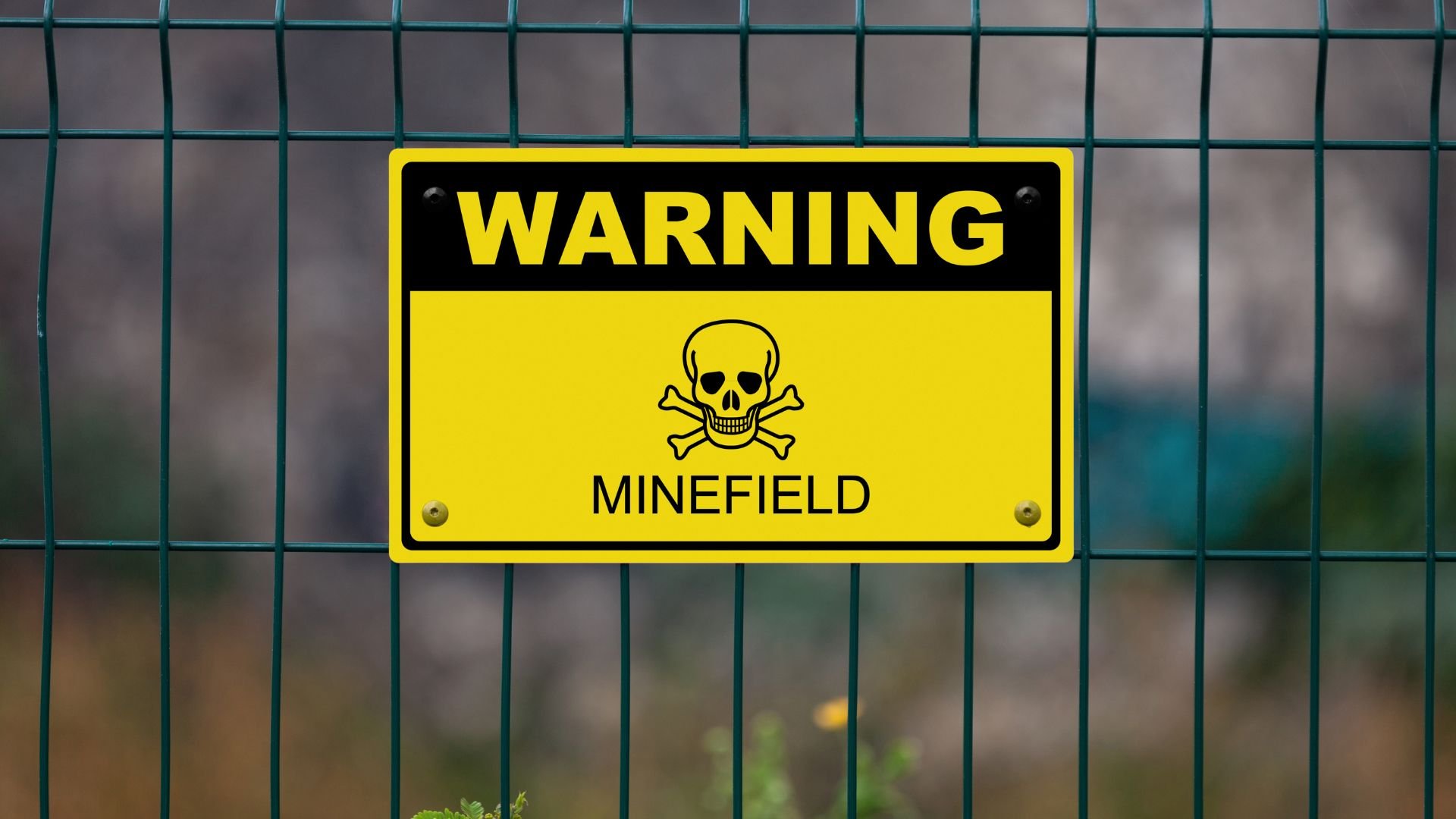From Fight or Flight to Safe and Sound: Applying the Polyvagal Theory to Parenting Anxious Kids
Understanding the Polyvagal Theory provides parents with powerful insights into how their child’s nervous system responds to stress and safety. By using coregulation—modeling calmness, validating emotions, and offering soothing interactions—parents can help their anxious child feel secure and foster emotional regulation and resilience.
Conquering Childhood Anxiety: A Guide to Effective Treatment Options for Parents and Caregivers
Childhood anxiety affects millions of kids, but evidence-based treatments like CBT, PCIT-CALM, SPACE, and the Safe and Sound Protocol (SSP) offer hope. These therapies empower children to manage their worries and build resilience, supported by engaged and informed parents.
From Stress to Success: 7 Expert-Recommended Tips for Your Child's School Anxiety and Refusal
School anxiety can be challenging for both parents and children, but with the right strategies, it’s possible to build confidence and reduce stress. From creating morning routines to developing coping skills and involving school staff, these expert tips can help your child navigate their school day with greater ease.
Unplug to Recharge: Empowering Teens to Take Control of their Mental Health and Technology Use
Teens live in a world of constant connectivity, but this tech-filled lifestyle can take a toll on their mental health. From managing FOMO to navigating social media, parents can support their teens by setting boundaries, encouraging breaks, and fostering healthy technology habits that promote balance and emotional well-being.
Am I Making My Child's Anxiety Worse?
Parents of anxious children often wonder if they’re unintentionally making things worse. From accommodating fears to overreacting to setbacks, certain parenting behaviors can reinforce anxiety instead of helping children build coping skills. The good news? With the right strategies, parents can foster resilience and empower their kids to face challenges.
Tips for conquering Test Anxiety, One Exam at a Time
Exams can be stressful, but with the right strategies, students can overcome test anxiety and perform at their best. From fostering healthy habits to encouraging relaxation and positive self-talk, parents can play a vital role in helping their children navigate test season with confidence and calm.
Meadow or Minefield? Helping Children and Teens Find Flexibility and Resilience in Face of Anxiety
For children and teens with anxiety, life can feel like walking through a minefield, where every step is filled with potential danger. Helping them build flexibility and resilience is key to expanding their world and navigating challenges with confidence and calm.
Breaking the Silence: Understanding and Overcoming Child and Adolescent Social Anxiety
Social anxiety can make everyday interactions feel overwhelming for children and teens. By recognizing the signs, offering support, and seeking evidence-based treatments like CBT or SPACE, parents can help their child build confidence, develop social skills, and navigate social situations with ease.
What is Acceptance and Commitment Therapy?
Acceptance and Commitment Therapy (ACT) combines mindfulness and behavior-based strategies to help individuals accept what they cannot control and commit to actions aligned with their values. ACT promotes a rich, meaningful life while acknowledging that pain is a natural part of the human experience.
Is it just a phase?
Are your child's problem behaviors 'just a phase,' or do they need intervention? Dr. Greg Simpson shares expert insights on recognizing when it's time to seek support and how to distinguish normal developmental phases from more serious concerns.










